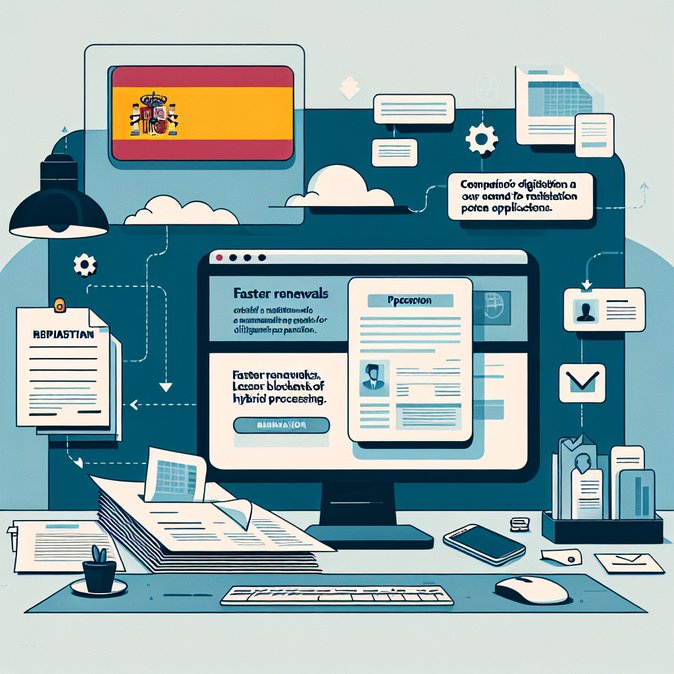
A report released this week lays bare the growing dysfunction of Spain’s online “cita previa” system—the mandatory gateway for immigration appointments. In Madrid, Barcelona and Valencia, residence-card renewals and first-time issuances are now being pushed back by as much as three months. For employers, that translates into delayed onboarding, idle salaries and the looming threat of fines if staff overstay expired documents.
Demand is only part of the problem. Under-staffed extranjería offices and recurring IT outages have spawned a thriving black market in appointment slots. Bots vacuum up newly released slots in seconds, reselling them for €30 to €200 each. Mobility managers complain that they must play whack-a-mole with scalpers while trying to keep high-stakes project timelines on track.
![‘Cita Previa’ Appointment Crisis Threatens Project Timelines for Foreign Talent]()
The Interior Ministry says it has authorised 1,200 temporary clerks for early 2026 and is beta-testing a centralised booking portal. Yet seasoned practitioners are sceptical after years of missed digitalisation deadlines. In the interim, experts recommend filing renewals four to six months ahead of expiry, checking availability daily and budgeting for emergency travel to provincial offices with lighter caseloads.
The appointment crunch dovetails with Spain’s broader push toward a unified digital platform for residency processing. If that reform succeeds, the cita previa system could become obsolete. Until then, corporations must navigate a landscape where a robot can decide whether an engineer shows up on day one—or sits on the bench for a quarter.
HR teams are advised to include a compliance clause in employment offers, making hires contingent on timely residence-card issuance, and to educate staff on the legal risks of working without a valid TIE even when delays are government-induced.
Demand is only part of the problem. Under-staffed extranjería offices and recurring IT outages have spawned a thriving black market in appointment slots. Bots vacuum up newly released slots in seconds, reselling them for €30 to €200 each. Mobility managers complain that they must play whack-a-mole with scalpers while trying to keep high-stakes project timelines on track.

The Interior Ministry says it has authorised 1,200 temporary clerks for early 2026 and is beta-testing a centralised booking portal. Yet seasoned practitioners are sceptical after years of missed digitalisation deadlines. In the interim, experts recommend filing renewals four to six months ahead of expiry, checking availability daily and budgeting for emergency travel to provincial offices with lighter caseloads.
The appointment crunch dovetails with Spain’s broader push toward a unified digital platform for residency processing. If that reform succeeds, the cita previa system could become obsolete. Until then, corporations must navigate a landscape where a robot can decide whether an engineer shows up on day one—or sits on the bench for a quarter.
HR teams are advised to include a compliance clause in employment offers, making hires contingent on timely residence-card issuance, and to educate staff on the legal risks of working without a valid TIE even when delays are government-induced.


